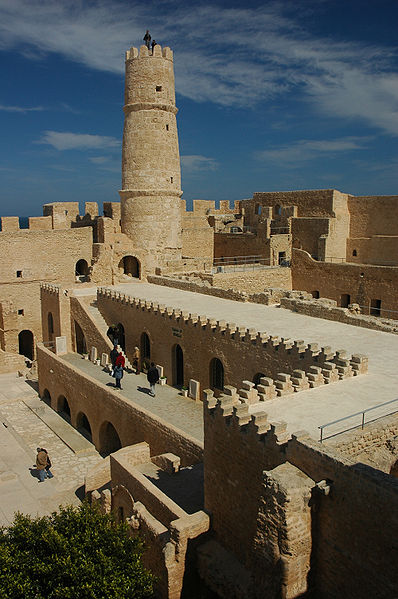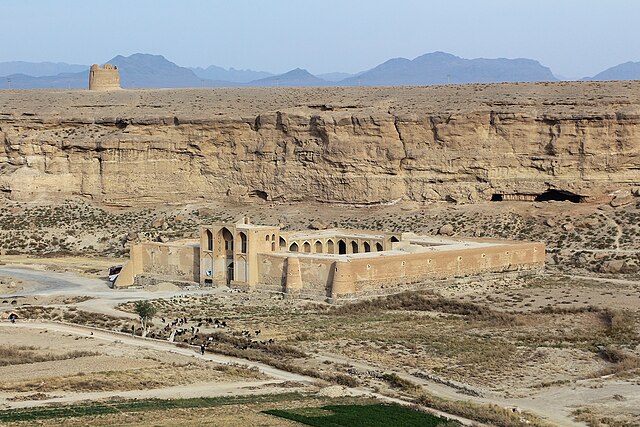Infinite photos and videos for every Wiki article ·
Find something interesting to watch in seconds
Best Campuses
Celebrities
Kings of France
Great Museums
Largest Empires
Supercars
Largest Palaces
Wonders of Nature
History by Country
Wars and Battles
Animals
Famous Castles
Great Cities
Sports
British Monarchs
Recovered Treasures
Orders and Medals
Great Artists
Countries of the World
Tallest Buildings
Richest US Counties
Crown Jewels
World Banknotes
Presidents
Rare Coins
Ancient Marvels
more top lists






